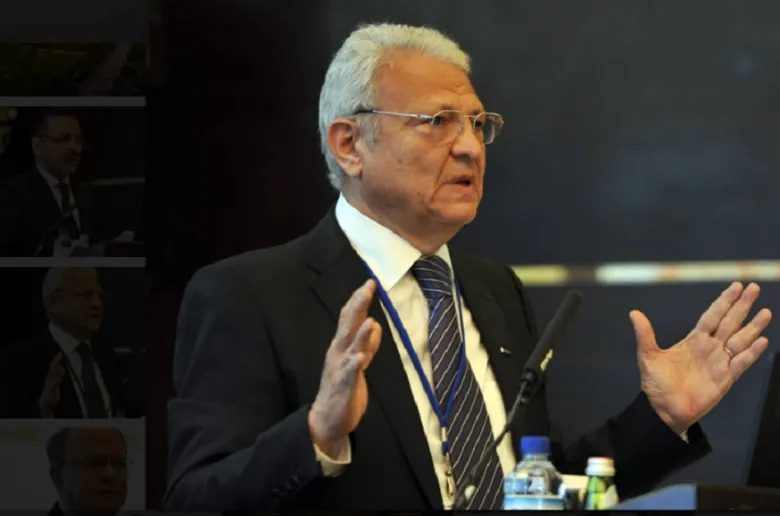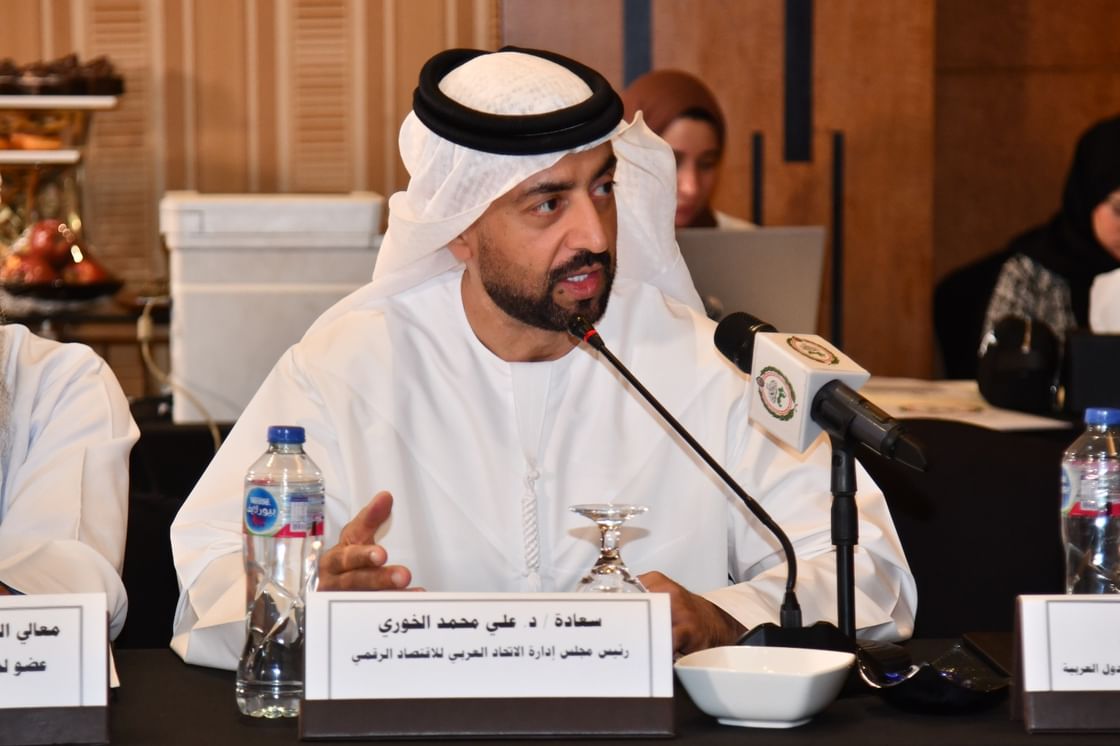Amwal Al-Ghad wrote on December 16, 2018 |
Atef Helmy, former Minister of Communications and Information Technology, stated that the digital economy’s contribution to Egypt’s GDP is estimated at approximately 4%.
He pointed out that this percentage rises to 8% in the United States, 6% in the European Federation, and 5% in the United Arab Emirates.
He explained that the current phase represents a period of transition to a digital economy, which will impact Arab life and develop Arab economies. He pointed out that the economic situations of Arab countries vary, with some working towards economic sustainability, most notably the UAE, which is pursuing strategies that support the digital economy. He noted that the economy contributes to job creation.
He emphasized the importance of transformation and adaptation to global economic realities, pointing to three factors that would strengthen the digital economy in the Arab world: dividing Arab countries into groups to develop their digital economy strategies based on their internal circumstances. He pointed out that countries are divided into three groups: the first includes the Gulf countries, which possess strong infrastructure; the second group includes countries with relatively small populations that support the development of the digital economy, such as Jordan, Morocco, and Lebanon; and the third group includes countries experiencing internal unrest, such as Syria, Yemen, and Libya.
Helmy added that the second factor is the need to provide the necessary infrastructure to enable development in the digital economy, as well as devices such as mobile phones, computers, points of sale, and application programs.
He emphasized the importance of government influence in encouraging digital work as a coordinator for coordination among various parties to advance the digital economy system, which he considered the third factor in strengthening the digital economy in the Arab world.
The first Arab Digital Economy Conference kicked off today, Sunday, in Abu Dhabi, under the patronage of Sheikh Mohammed bin Zayed Al Nahyan, Crown Prince of Abu Dhabi and Deputy Supreme Commander of the Armed Forces. The conference aims to launch a common Arab vision for the digital economy as a key factor encouraging increased economic cooperation and inter-regional trade.










